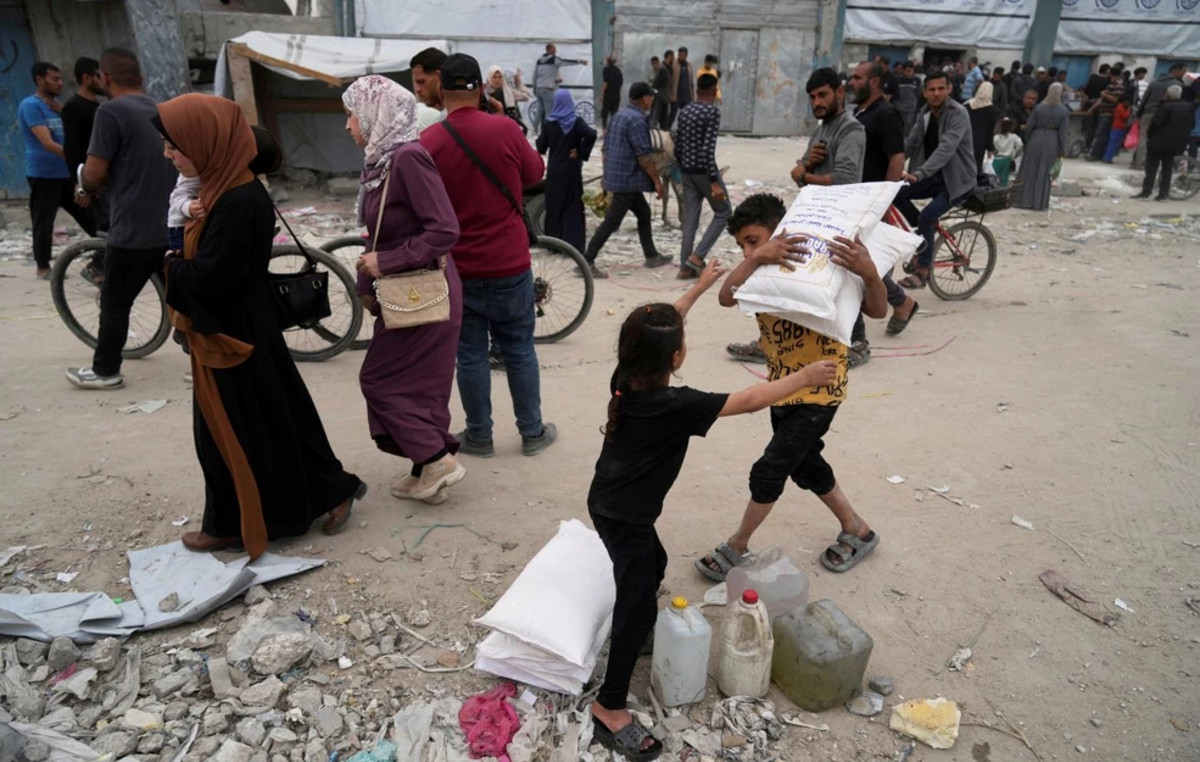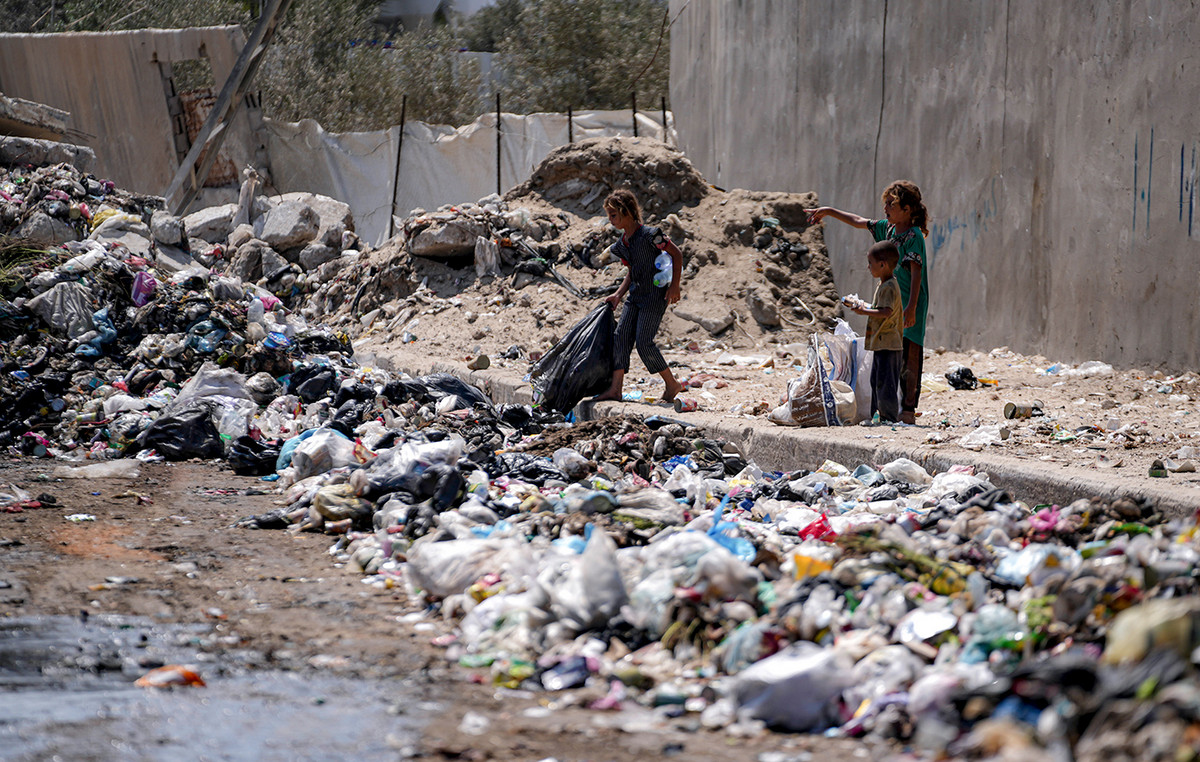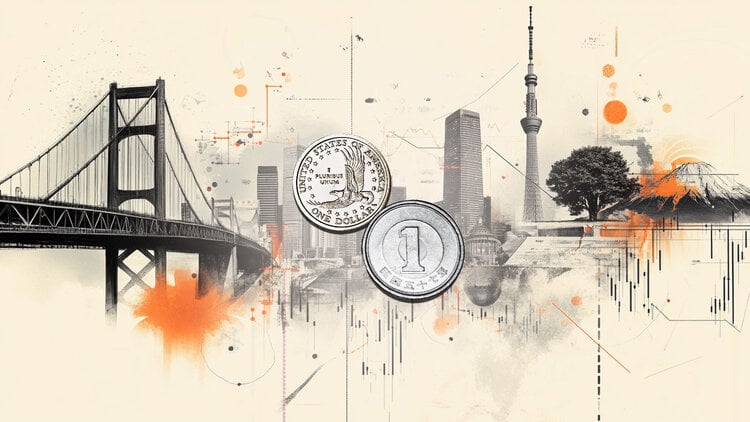Even with important weapons to contain the spread of the new coronavirus, the world still has difficulties to put into practice the simplest solutions. This is what some experts interviewed by the CNN.
The main issue is the absence of a global plan, according to the assistant director of programs at the Duke Global Health Institute, Andrea Taylor.
“We’re not good at dealing with global crises – we don’t really have the (necessary) infrastructure, leadership or responsibility,” said the expert.
For Paul Hunter, professor of medicine at the University of East Anglia, UK, the vast majority of infectious disease experts think that SARS-Cov-2 is here to stay.
“Our grandchildren’s grandchildren will still be getting (the virus),” he said. But “the disease will become part of our story as the infection becomes just another cause of the common cold.”
There is, however, a much more pertinent question: How long will it take us to get there?
That answer doesn’t depend on luck – it is, at least to a large extent, in people’s hands.
Pandemics disappear as a result of human efforts such as vaccine development, contact tracking, genomic analysis, containment measures and international cooperation.
In short, the world has a tool kit to end the pandemic as quickly as possible, experts say.
Some countries did better at fighting Covid-19 than others. But to hasten this end, a number of experts – including Taylor of the Duke Global Health Institute – are calling for a new global approach, especially when it comes to vaccines, treatments and information sharing.
That effort is the best way to end the pandemic quickly, they say — and unless it does, people in every corner of the world could still be living under Covid’s cloud in 2022 and beyond.
“We knew in advance what would happen if we took this nationalist approach, but we did it anyway,” Taylor said. “And now we are living with the consequences of that.”
The main tool in the world
If the world has an arsenal to help end the pandemic, the most important weapon is the most obvious, according to Roberto Burioni, professor of microbiology and virology at San Raffaele University in Milan. “The first tool we have is the vaccine.”
The development of several vaccines, all highly efficient to prevent the most serious cases and reduce the level of transmission, was unprecedented. The previous record for bringing a vaccine to market was 4 years, but the Covid-19 pandemic has exceeded expectations and reset the highest standards in the market.
It’s easy to see how crucial vaccines are to getting to the end of Covid-19. “As more people are infected, vaccinated and reinfected, the severity of the disease gradually decreases because of the accumulated immunity – that’s the theory,” says Hunter.
Having the vaccine, however, is not enough; it needs to be administered to as many people as possible, and as many as needed.
Even in developed countries where dose availability is not an issue, the gradual decline in immunity, the transmissibility of new variants, and skeptic groups have made it clear that, to prevent waves of infection, very high levels of coverage are needed.
“What we must achieve is generalized immunization,” says Burioni. “One possible scenario is that if we are able to vaccinate most of the population, this virus will continue to circulate, but it won’t do as much damage.”
As well as their continuing efforts to encourage unvaccinated people to get their first dose, rich countries now have two new inoculation strategies: ensuring school-level children are vaccinated, and administering booster shots – as many as needed to maintain protection at a high level.
“The vaccination of children can have a huge impact for the future,” says Burioni.
School-level vaccination campaigns are accelerating across much of the world, and in the US, the Food and Drug Administration (FDA) recently approved the use of Pfizer’s vaccine in children ages 5-11.
And the UK on Thursday announced an agreement to buy 114 million extra doses from Pfizer for its 67 million people for applications throughout 2022 and 2023.
It is a path that many developed nations must tread as they prepare for a future where vaccines will be routinely administered.
“We don’t know how many booster doses we’re going to need, but that’s a logistical and economic issue,” added Burioni.
This is the case, at least, in the regions of developed nations.
But the world has ample evidence that Covid-19 will continue to be a threat elsewhere until it is controlled in every corner – and experts warn that to achieve this goal, radical action is needed.
‘Party or hunger’
The emergence of the Ômicron variant in sub-Saharan Africa, where vaccination rates are low, has once again highlighted the importance of a strategy to vaccinate the poorest nations.
The problem? This strategy does not exist, warn some experts.
“It’s not just pockets – large areas of the world have unacceptably low vaccination coverage,” Taylor said.
According to the World Health Organization (WHO), less than 8% of people in low-income countries have received at least one dose of the coronavirus vaccine. Meanwhile, 63.9% of people in high-income countries received at least one dose, reports the WHO.
In the European Union and the United States, about 70% of people have received at least one dose of the vaccine, according to the European Centers for Disease Control and Prevention and the US Centers for Disease Control and Prevention (CDC, in acronym in English).
The potential consequences of this disparity are obvious: globally troublesome new variants of the virus were all detected for the first time in places that experienced large uncontrolled outbreaks, where vaccine coverage was low – Alpha in the UK last December, Delta in India in February , and now Ômicron in sub-Saharan Africa.
“The inequity of the vaccine […] will prolong the pandemic,” said Michael Head, senior researcher in global health at the University of Southampton. “The best way to be selfish” is to be altruistic, Burioni insisted. “We need to provide vaccines for everyone.”
Solutions to end this vaccine gap are less clear – but not out of reach.
First, the supply of vaccines must be increased and stabilized. WHO’s vaccine-sharing program, the Covax Facility, predicted in September that 25% fewer doses will be delivered to the developing world than previously anticipated.
“Right now, it’s feast or famine — (countries) don’t get anything for three months and then suddenly they get millions of shots,” Taylor said. “Supply has to come in a predictable and reliable way.”
Head, who published research on the supply of vaccines in Ghana last year, added that when vaccines arrived through the Covax Facility, they were often close to their expiration dates and were not accompanied by the freezers or equipment needed to transport them. them by the destination countries.
He called for the creation of new vaccine production centers in Africa to establish a more reliable vaccine flow.
WHO blamed deficiencies at a Johnson & Johnson plant for the failure of the Covax Facility goal.
In September, delays at an Indian AstraZeneca vaccine development plant caused supply problems in the UK and the European Union in the first few months of 2021 – showing the dramatic effect a single facility can have on global distribution.
“Supply must be accompanied by financial support to ensure these doses reach people,” Taylor added.
Richer countries should also fund research and local aid to nations where vaccines are not being distributed quickly, agreed Head and Taylor. “There is a real lack of clear data on what is happening in sub-Saharan African countries. We need more clarity on this so that we can understand the extent of the problem,” Taylor said.
That’s the problem that Duke’s global accountability platform, which Taylor helps manage, is trying to solve. The initiative is providing an analysis of trends and obstacles in poorer countries where vaccination campaigns have faltered.
And developed nations must also lead by example.
Head said participants in his Ghana study “were seeing how the Western world handled the AstraZeneca vaccine,” which is the vaccine Covax relies on most, but which suffered several interruptions during the campaign in Europe.
This included a number of countries that suspended vaccination with AstraZeneca in March due to blood clot problems. Europe’s drug regulatory agency later declared it safe to use the vaccine, but trust was undermined.
Vaccination hesitation among its participants has increased after breaks in campaigns in European countries, Head said. “What we see and do as a global guide for vaccines is seen and heard in other parts of the world.”
But above all, experts call for leadership.
“It’s very similar to what we’re facing with climate change – we have leaders who are leaders of nations, we don’t really have global leaders. We don’t have global responsibility,” Taylor said.
Fighting the next pandemic
Experts say national measures are still vital as the pandemic nears its final stages. Waves will still continue to hit different nations at different times, and “countries will need to work with their own experiences and capabilities,” Head said.
That means the measures to contain Covid are here to stay. “As individuals, we must continue to protect ourselves and those around us by wearing masks, maintaining social distance and vaccinating ourselves,” said Ana Garcia, professor of preventive medicine and public health at the University of Valencia in Spain.
But this must be combined with an international perspective to accelerate the end of the pandemic.
“We’ve been talking about the globalization of trade, finance and tourism for a long time,” says Garcia. “This pandemic – as well as (like) the warming – feels like a test. It really requires us to act like in a global world.”
That sentiment has been echoed by global leaders, but experts say no action has taken place.
Scientists have recently split over travel restrictions placed on flights departing South Africa and neighboring nations after authorities spotted the emergence of the Ômicron variant.
South African President Cyril Ramaphosa said the restrictions were unjustified and they were condemned by the United Nations and WHO.
“It is deeply worrying that countries are being penalized by others because they are doing the right thing,” WHO Director-General Tedros Adhanom Ghebreyesus added on Wednesday.
“There is a real risk of discouraging them from revealing a next (variant),” Taylor said, “because a new one will emerge.”
Experts are urging countries to unite on Covid, not walk away – and that call was led by WHO this week when it suggested a global treaty to prevent the same mistakes from being made when the next pandemic erupts.
“Ômicron demonstrates why the world needs a new pandemic deal: our current system discourages countries from warning others about threats that will inevitably reach their territories,” Tedros said.
“At its heart, the pandemic is a crisis of solidarity and sharing,” he says.
It can be hard to swallow. Several scientists draw parallels with the fight against global warming – an effort that, even at its most critical hour, has been delayed by competing national interests.
But it’s a proposal that many are desperate to see realized. “Some kind of binding legal agreement that countries sign might give us something like a global coordination plan, something we’re missing right now.”
“It would make all the difference,” says Taylor. “If we could make it happen.”
(Translated text. Read the original here.)
Reference: CNN Brasil







